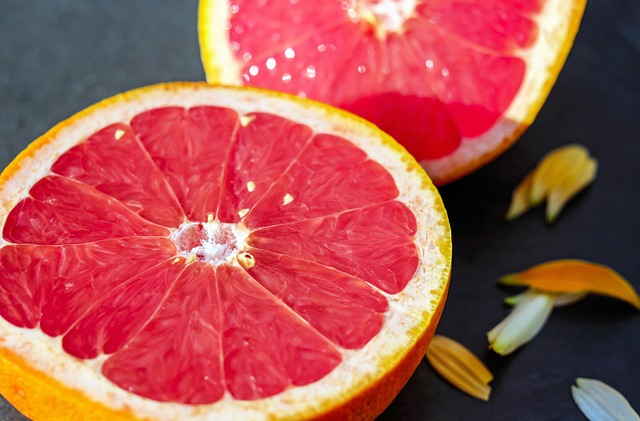Have you ever heard of prebiotics and probiotics before? These terms might sound similar, but they refer to two very different things. In this article, we will explore the differences between prebiotics vs probiotics, why they are important for your health, and how you can incorporate them into your diet.
What are Prebiotics?
Prebiotics are a type of non-digestible fiber found in certain foods that act as food for probiotics. They pass through your digestive system largely unprocessed, until they reach your large intestine, where they are fermented by probiotic bacteria.
Examples of Prebiotic Foods:
- Garlic
- Onions
- Asparagus
- Bananas
- Apples
- Chicory Root
By consuming prebiotics, you can help promote the growth of beneficial bacteria in your gut, which can lead to better digestive health, improved immune function, and reduced risk of certain diseases.
What are Probiotics?
Probiotics are live microorganisms that are good for your health, especially your digestive system. They are often referred to as “good” or “friendly” bacteria because they help keep your gut healthy.
Examples of Probiotic Foods:
- Yogurt
- Kefir
- Sauerkraut
- Kombucha
- Miso
- Tempeh
Consuming probiotic-rich foods can help to increase the number of beneficial bacteria in your gut and improve your digestive health. This can help to reduce symptoms of digestive disorders such as diarrhea, constipation, and irritable bowel syndrome (IBS).
What’s the difference between Prebiotics and Probiotics?
The main difference between prebiotics and probiotics is that prebiotics are a type of fiber that act as food for probiotics. Probiotics, on the other hand, are live microorganisms that are beneficial to your health.
In other words, prebiotics provide the nourishment that probiotics need to thrive and multiply in your gut. Without prebiotics, probiotics would not be able to survive in your digestive system.
Why are Prebiotics and Probiotics Important for Your Health?
Both prebiotics and probiotics are important for your health, particularly your digestive health. Here are some of the benefits of consuming prebiotics and probiotics:
Prebiotics:
- Can improve digestive health by promoting the growth of beneficial bacteria in the gut.
- Can help to reduce inflammation in the gut.
- May enhance calcium and magnesium absorption, leading to stronger bones.
- May reduce the risk of certain diseases, such as heart disease, by improving cholesterol levels.
- Can help to reduce the risk of colon cancer.
Probiotics:
- Can improve digestive health by balancing gut bacteria and reducing symptoms of digestive disorders such as diarrhea and constipation.
- May strengthen the immune system.
- Can help to reduce inflammation in the gut.
- May improve mental health by reducing symptoms of anxiety and depression.
- Can help to reduce the risk of certain diseases, such as allergies and eczema.
How Can You Incorporate Prebiotics and Probiotics into Your Diet?
There are many ways to incorporate prebiotics and probiotics into your diet. Here are a few tips:
Prebiotics:
- Add prebiotic-rich foods to your diet, such as garlic, onions, asparagus, bananas, apples, and chicory root.
- Consider taking a prebiotic supplement if you are not getting enough prebiotics from your diet.
Probiotics:
- Consume probiotic-rich foods such as yogurt, kefir, sauerkraut, kombucha, miso, and tempeh.
- Consider taking a probiotic supplement if you are not getting enough probiotics from your diet.







